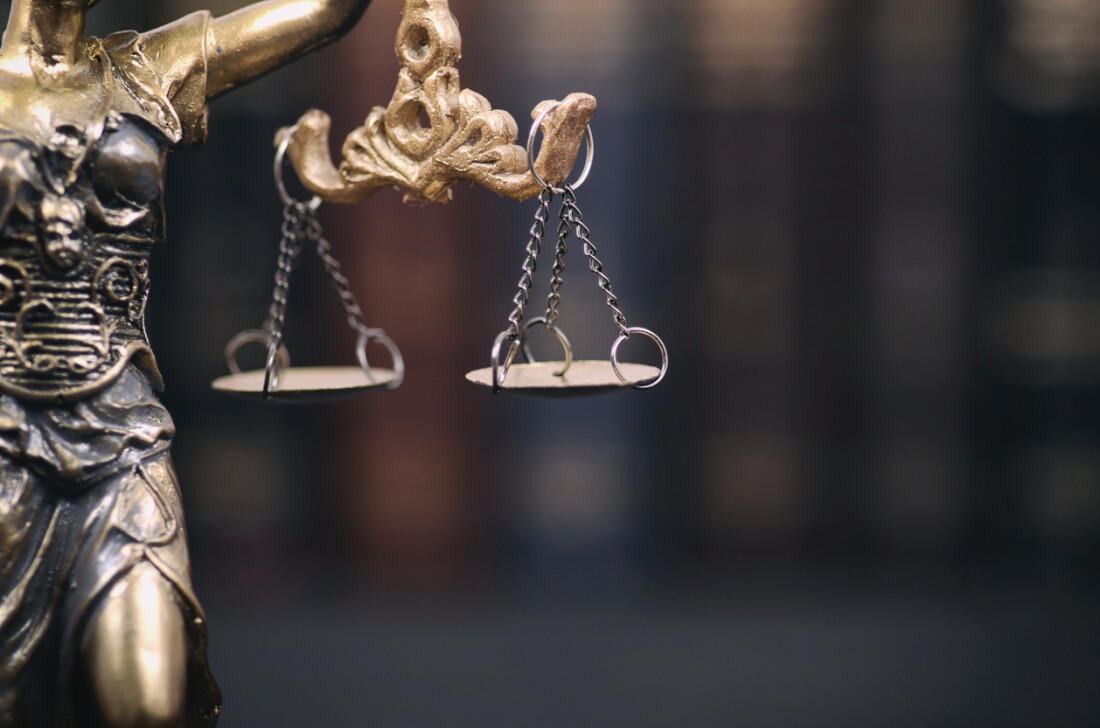
Facts of the Case
In the underlying criminal matter, Miles was convicted of felony criminal charges following a jury trial. However, Miles claimed that if his attorneys had engaged an expert witness capable of addressing suppressed and recovered memories that a different result would have occurred. Following his conviction, Miles requested an evidentiary hearing pursuant to People v. Ginther, 390 Mich. 436 (1973), commonly referred to as a “Ginther hearing,” to determine whether he received ineffective assistance of counsel during his trial. Miles’ request was denied by the trial court and this denial was subsequently affirmed by the Michigan Court of Appeals. In ruling on the criminal appeal, the Michigan Court of Appeals held that the Defendants’ conduct and strategy “was the reasonable product of an adequate investigation” and that Miles’ “claim [of ineffective assistance of counsel] is without merit.” Miles, unpub op, at 2 (citing People v. Miles, unpub op, Docket No. 335731 (Jul. 17, 2018)). Thereafter, Miles filed a legal malpractice lawsuit against the Defendants which was summarily dismissed based on the doctrine of collateral estoppel.
Fundamentals of Collateral Estoppel
In Michigan, the doctrine of collateral estoppels holds that a “legal issue may not be relitigated if; (1) a question of fact essential to the judgment was actually litigated and determined by a valid and final judgment; (2) the same parties had a full and fair opportunity to litigate the issue; and (3) there was mutuality of estoppel.” Miles, unpub op, at 2 (citing People v. Trakhtenberg, 493 Mich. 38, 48 (2012)) (internal quotations omitted). Specifically, Miles’ contended that his legal malpractice lawsuit was not relitigating his criminal conviction because the Lower Court never allowed a Ginther hearing.
Ineffective Assistance of Counsel and Legal Malpractice Standards
The Michigan Court of Appeals began its analysis by noting that “the legal standards for ineffective assistance of counsel in criminal proceedings and for legal malpractice in civil proceedings are equivalent for purposes of application of the doctrine of collateral estoppel.” Miles, unpub op, at 2 (citing Barrow v. Pritchard, 235 Mich. App. 478, 481 (1999)). This close similarity was important to the Michigan Court of Appeals analysis which held that “where a full and fair determination has been made in a previous criminal action that the client received the effective assistance of counsel, the defendant-attorney in a subsequent civil malpractice action brought by the same client” may rely on the doctrine of collateral estoppel to bar the legal malpractice claim. Miles, unpub op, at 2 (citations omitted).
Expanding on this basic framework, the Michigan Court of Appeals rejected the notion that Miles was deprived of a “full and fair opportunity to litigate” the effectiveness of counsel issues simply because he was denied a Ginther hearing. The Michigan Court of Appeals based its reasoning, in part, on the fact that a Ginther hearing is not an automatic right, but instead, is only warranted in cases where “the record on appeal is [in]adequate to evaluate counsel’s effectiveness.” Miles, unpub op, at 3 (citing People v. Chapo, 283 Mich. App. 360, 369 (2009)). Thus, a Ginther hearing is not necessarily required to “fully and fairly adjudicate” all claims alleging the ineffective assistance of counsel.
The Miles Court held that because the Michigan Court of Appeals, when considering Miles’ criminal appeal, found that the record on appeal was sufficient to evaluate the Defendants’ effectiveness, no further factual development (i.e., a Ginther hearing) was necessary. Miles, unpub op, at 3. Thus, even though there was no specific evidentiary hearing on the issue of the Defendants’ effectiveness in the criminal matter, the denial of the requested hearing by the criminal trial court satisfied the “full and fair opportunity to litigate” requirement of the collateral estoppel doctrine. As such, the criminal trial court’s ruling on the Defendants’ effectiveness formally bars a subsequent legal malpractice lawsuit arising out of the same representation.



